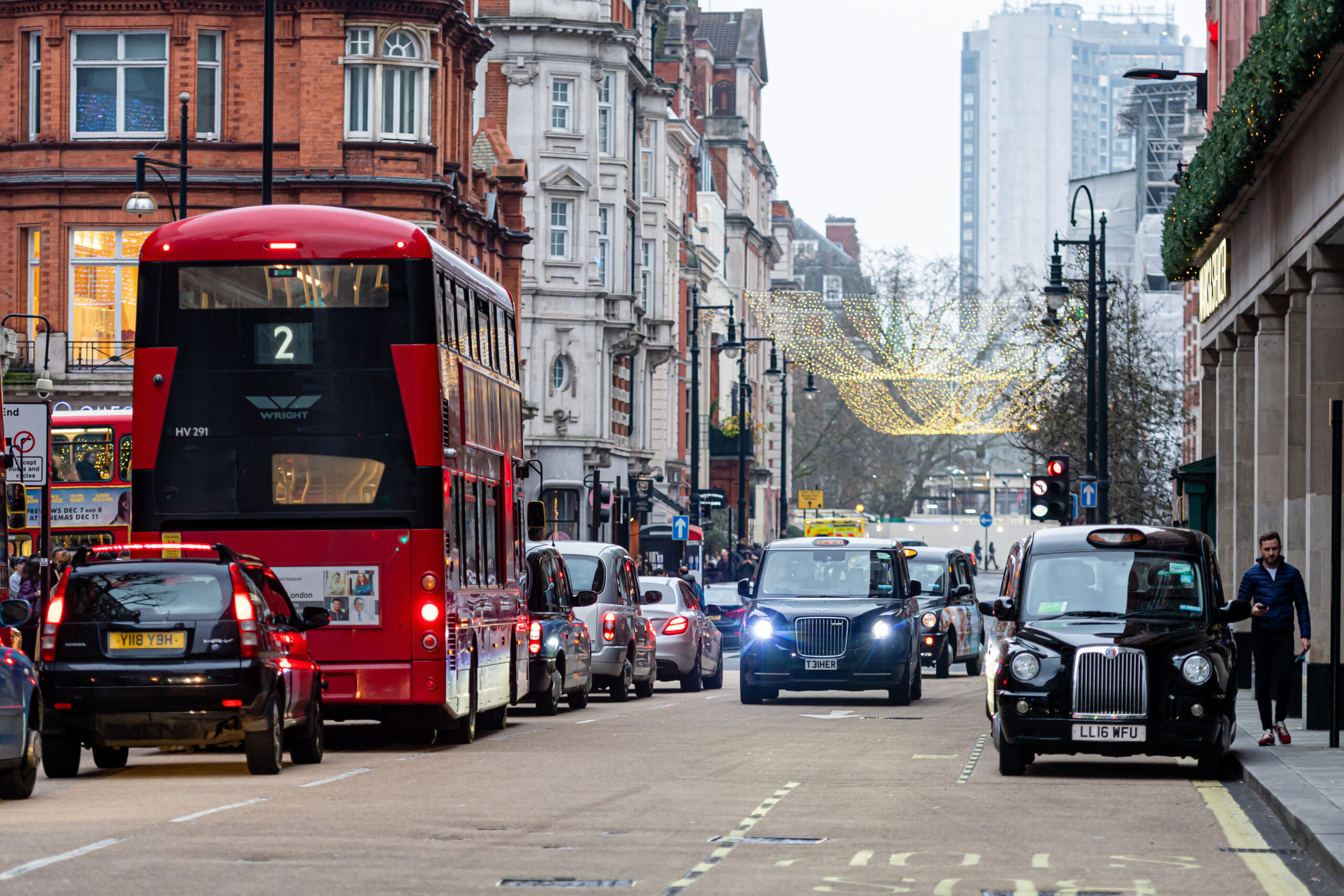Glasgow, UK (TP)
Colonisation, noun; ‘the action or process of settling among and establishing control over the indigenous people of an area.’ (source)
I will start by stating, I am not anti-car. I can appreciate how cars can have great potential in the modern society. They can represent many advantages; especially for those with limited physical mobility, or those who live in remote areas. They make it possible for us to move over greater distances every day.
What bothers me is the way they have come to dominate the Western streets, often with little positive effect apart from the aforementioned mobility, and always demanding more space and money. They bear an uncanny resemblance to the ways colonisation worked, for hundreds of years.
Our streets and outdoor spaces should be for everyone, but the car culture remains to be a realm preserved for the privileged, overwhelmingly white middle classes. Data from UK’s National Travel Survey in 2019 indicates that: ‘White people were consistently more likely to live in a household with access to a car or van than any other ethnic group [and] black people were more than twice as likely as white people to live in a household with no access to a car or van’.
In numbers: in the 2015 to 2019 time period 40% of black people (aged over 16) had no access to a car. The number for white people is 17%. Similar trend is visible in the US, although the number has been coming down more drastically than in the UK.
Cars have been with us for 135 years now. In this time, they have taken over our streets, transforming our surroundings to multi-lane motorways, speedways, highways and tunnels. Motor vehicles make our streets polluted, crowded and in fact, unliveable and inaccessible. The common habit of pavement parking is particularly an issue for anyone with mobility limitations – for example for people with disabilities, people in wheelchairs or the elderly. Scotland became the first UK nation to ban pavement parking in 2019. However, when walking on the streets of Glasgow, it is hard to see the ban enforced.
On the pavements, and on the streets and roads, cars take up more space than any other road user, or any other transport method. Compared to the benefits, they cause more damage – to our health, economically, and ecologically. Yet, because car-culture and ownership supports a certain kind of ideology – that of a status culture where wealth can represent the ultimate power, they continue to suppress our ability to enjoy moving from one place to another.
But why are we allowing them to take over our world? We have no other option, you might say. Yet 135 years ago people were also fully capable of travelling. They had no airplanes, nor cars. Today, we appreciate the luxury of travelling fast and far, and not necessarily want to focus on the journey, but rather on the destination.
Not all of us have the choice. For example, people with disabilities can rely on cars as their means of transport – but it is important to acknowledge that not all of them own or drive a car either. With public transport often failing to cater anyone with a disability, some people are forced choose driving. And this is ever increasingly difficult; not only is it expensive to make the adaptations to the car, but in day-to-day life simple acts as securing a close-to-destination-parking spot can be real obstacle, as there are more and more cars taking the spaces (not always meant for them).
I’d like to encourage everyone to think about their surroundings more closely. Postcolonialism does not exist only in geopolitics or popular culture. It can express itself in many different forms in our modern society and sometimes it is insightful to recognise that it is material goods that are colonising our livelihoods, not people.








